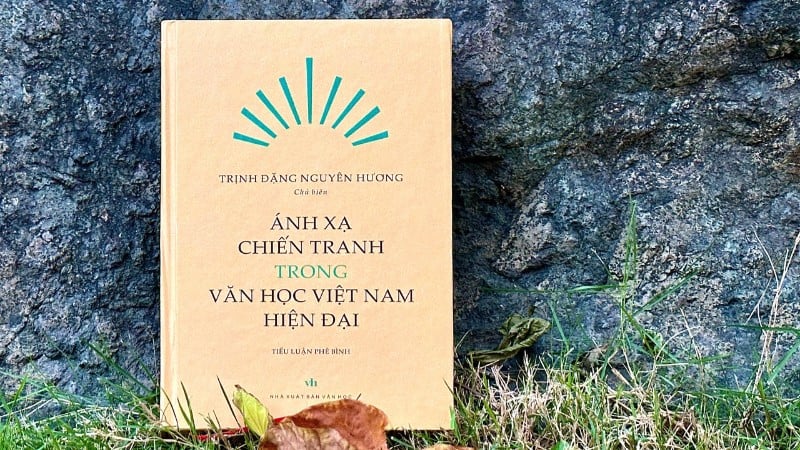
In 1978, in an article in the November issue of the Army Literature Magazine, writer Nguyen Minh Chau (1930-1989) emphasized the need to "write differently" about war, not "glorify" or continue the standardized writing style on that topic. Although this requirement was set by Nguyen Minh Chau for Vietnamese writers, "writing differently" is, after all, a requirement for writers in general, including researchers and critics, when approaching a specific topic like war.
That demand is not simply expressed in different words, but above all, different ways of thinking, different perspectives, more insightful, comprehensive, profound and humane about war and literary and artistic works about war, especially in the post-war context in Vietnam, when war has become the past and is no longer a constant obsession in everyone's mind.
"Mapping War in Modern Vietnamese Literature" includes 14 essays by authors Nguyen Dang Diep, Tran Khanh Thanh, Nguyen Bich Thu, Nguyen Phuong, Dang Thu Thuy, Do Hai Ninh, Le Thi Huong Thuy, Ho Khanh Van, Nguyen Thi Nam Hoang, Do Thi Thu Huyen, Nguyen Minh Hue, Dao Thi Hai Thanh, Dang Thi Thai Ha, Vu Thi Kieu Chinh and Trinh Dang Nguyen Huong. The book is sponsored by the Ministry of National Defense 's Literary Creation Investment Program in 2025, through the Army Literature Magazine.

Focusing on exploring works on the theme of war in modern Vietnamese literature, the 14 essays in this book are divided into three main parts: Revolutionary war in modern Vietnamese literature: General observations; War from personal perspectives: memory, internal strength and compatibility; War: approaches from gender, ethnic, historical and ecological perspectives
As the name suggests, part 1 is a general observation of the mappings of two revolutionary wars in Vietnamese literature from 1945 to present, with 5 elaborate essays by researchers Nguyen Dang Diep, Tran Khanh Thanh, Nguyen Phuong, Dang Thu Thuy and Nguyen Thi Nam Hoang.
Examining the reflection of war in works born in the midst of bombs and bullets such as resistance poetry, author Dang Thu Thuy not only highlights the specific principles of creation and reception in the period 1945-1975 such as the principle of Party character, the principle of literature serving the masses, but also delves into cases that go beyond those limits and frameworks such as some poems about war and soldiers by Quang Dung, Huu Loan, Pham Tien Duat, Ngo Van Phu and Luu Quang Vu. Examining poems that were once considered out of tune at the time they were born, Dang Thu Thuy sees in them voices that are honest with her own emotions when the subject directly witnessed and experienced the fierceness and horror of war.
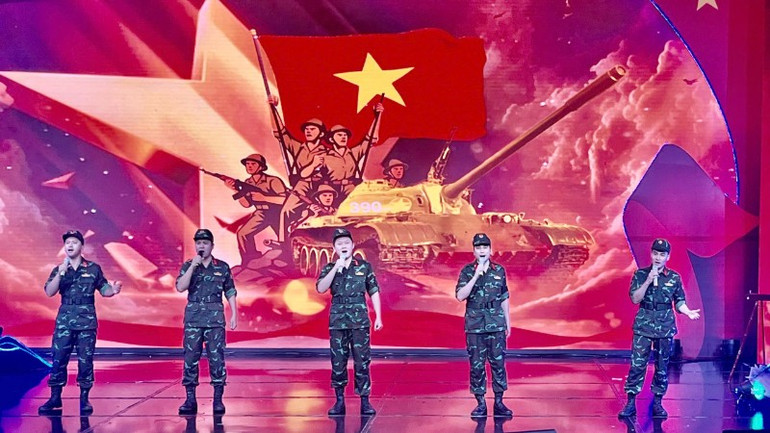
Also approaching the image of the soldier in literature like Dang Thu Thuy but in a different scope, short stories after 1975, Nguyen Thi Nam Hoang's essay showed that the descriptions and emotions that were once "over the threshold" in the period 1945-1975 became the common trend of many short stories in Vietnam after 1975, when writers left the epic perspective to move to a perspective on personal life and world affairs with a realistic sense and the most humane expression of people.
The short story, as author Nguyen Thi Nam Hoang assessed, "showed the reflection of war with many changes and new nuances, reflecting the movement of Vietnamese literature in the post-war period and innovation compared to literature of the previous period".
Meanwhile, researcher Nguyen Phuong's essay focuses on novels about war written after 1975, a literary genre that, according to his observations, has not yet attracted today's readers to enter "a world that was once a place of horror, an honor, a world of enormous and heroic upheavals, and also an unusual and fierce event that cruelly intervened in the fate of millions of people" like war.
The author frankly pointed out the reasons why Vietnamese novels about the war after 1975 have not created a strong impact on readers, which are that the novels are still too loyal to empiricism; lack unique and distinct personalities and destinies; and have not faced the mysteries of the human soul.
Without going into each genre like the three researchers above, author Nguyen Dang Diep examines the entire literature on revolutionary war in Vietnam to see the differences between wartime literature (1945-1975) and peacetime literature (after 1975). From there, he identifies the basic types of discourse in literary works on war and revolutionary war written from a post-war perspective, which are national discourse, humanistic discourse, ecological discourse, reconciliation discourse and the desire to "join hands together".
The essay "Love for the Fatherland and the sense of sovereignty in Vietnamese poetry about the sea and islands" by researcher Tran Khanh Thanh continues to show that war is a major theme of Vietnamese literature, even when the war has passed and the country is entering a new era. Not only seeing the unique artistic style of poets Nguyen The Ky, Tran Dang Khoa, Nguyen Viet Chien... in the poetry about the sea and islands, the researcher also emphasizes the common and unified feature between the above writers: the passionate love for the Fatherland and the sense of affirming the sovereignty of the sea and islands of the Vietnamese people.
If part 1 of "Mapping War in Modern Vietnamese Literature" outlines the main characteristics and prominent trends of modern Vietnamese literature on the theme of war, then the 9 essays in part 2 and part 3 are in-depth studies of specific cases of this literary genre.
Most of the subjects selected for analysis in the two parts are famous works, considered typical representatives of literature about war in particular and modern Vietnamese literature in general, and therefore, have attracted the attention and discussion of many researchers and critics, such as "Dat rung phuong nam" by Doan Gioi, "An an di quang" by Chu Lai, "Nguoi le lo cua Rung cuu Cuoi" by Vo Thi Hao, "Me and them" by Nguyen Binh Phuong...
However, when examined by researchers Do Hai Ninh, Le Thi Huong Thuy, Trinh Dang Nguyen Huong, Ho Khanh Van, Do Thi Thu Huyen, Nguyen Minh Hue, Dao Thi Hai Thanh, Dang Thi Thai Ha and Vu Thi Kieu Chinh under the light of new theories and new approaches such as ecocriticism, trauma criticism, memory studies, gender studies, etc., these works become more polysemous and the messages that the writers put forth in their works also become deeper and more haunting.
The essay "War - The historicity of ecological situations: The case of Southern Forest Land (Doan Gioi)" by Trinh Dang Nguyen Huong is an example. Until now, the novel Southern Forest Land has been noted as a classic work about war for children when the writer Doan Gioi, through the story of the journey of growing up of the boy An, reflected the journey of making a living and the path of participating in the fight of the people of the South in the resistance war against French colonialism.
Approaching this novel from the theory of ecocriticism, Trinh Dang Nguyen Huong found in Doan Gioi's story the idea of promoting the role of Mother Nature through the way the writer portrayed the forest as "the only place that helps people preserve life, preserve dignity and heal their mental wounds" in the harsh circumstances of war.
Similarly, using the theory of "the bag" that scholar Ursula K. Le Guin proposed in her essay "The Carrier Bag Theory of Fiction", Dang Thi Thai Ha read out new meanings in the short stories and novellas that have become familiar to readers of writer Le Minh Khue such as Distant Stars or The Game. These works, according to Dang Thi Thai Ha, are stories about the ethics of embracing and caring, are voices that go beyond the binary narrative structure to question war earnestly and resolutely through the perspective of women.
Likewise, in the essay "Remembering War as a Gender Practice: The Case of Me and Them (Nguyen Binh Phuong) and The Mortal Body (Nguyen Dinh Tu)", author Vu Thi Kieu Chinh placed the categories of "remembering", "war" and "gender" side by side to expand the interpretive possibilities for the two narratives that have resonated in the literary world of Nguyen Binh Phuong and Nguyen Dinh Tu.
Without considering these two novels from a reflective perspective in search of a certain historical truth, Vu Thi Kieu Chinh considers them to be typical representatives of the "politics of memory", meaning that there is no completely authentic memory but that memory itself always has blind spots and gaps, and how a past war is remembered and retold in the present depends on many factors, including gender.
"Me and Them" by Nguyen Binh Phuong and "Xac Pham" by Nguyen Dinh Tu, through the new and attractive analysis of Vu Thi Kieu Chinh, become "the deployment of the structure of masculine power on the very practice of remembering the war, where the narrative of the war on the northern border is always the object of observation, written about, and spoken by men".
Together, the 14 essays in the book "Mapping War in Modern Vietnamese Literature" show that the theme of war has never been absent in Vietnamese literature, and at the same time are voices of dialogue and raise many issues worth pondering for both writers and readers such as how to write/tell about war, the "legacies" of war in modern life, the ability to reconcile community interests and personal aspirations, ways to heal post-war pain, war and ecological risks...
Above all, the book reminds individuals living in peace of a fierce past that previous generations have experienced and are trying to retell, "not to cheer for war but to think more deeply about history" to "truly feel happiness and understand the meaning of existence" (Associate Professor, Dr. Nguyen Dang Diep).
Source: https://nhandan.vn/tac-pham-van-hoc-de-tai-chien-tranh-goi-suy-ngam-sau-hon-ve-lich-su-va-huong-toi-hoa-binh-post913023.html



![[Photo] Prime Minister Pham Minh Chinh chairs the Government's online conference with localities](https://vphoto.vietnam.vn/thumb/1200x675/vietnam/resource/IMAGE/2025/10/5/264793cfb4404c63a701d235ff43e1bd)

![[Photo] Prime Minister Pham Minh Chinh launched a peak emulation campaign to achieve achievements in celebration of the 14th National Party Congress](https://vphoto.vietnam.vn/thumb/1200x675/vietnam/resource/IMAGE/2025/10/5/8869ec5cdbc740f58fbf2ae73f065076)


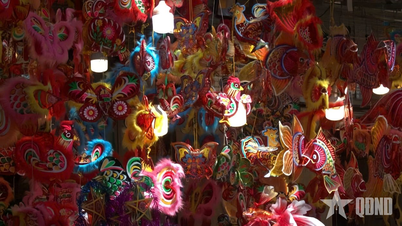

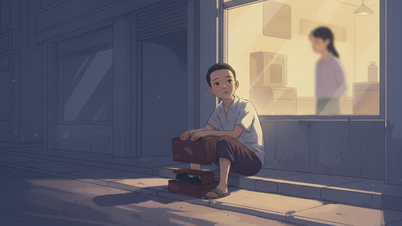

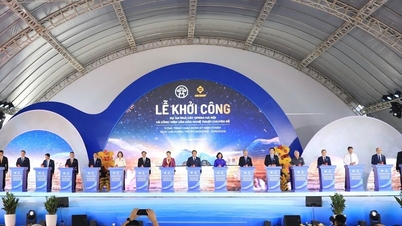

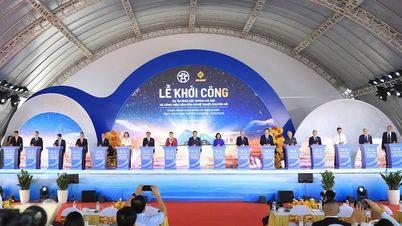
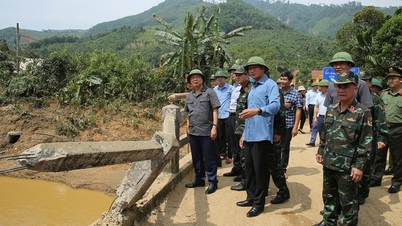

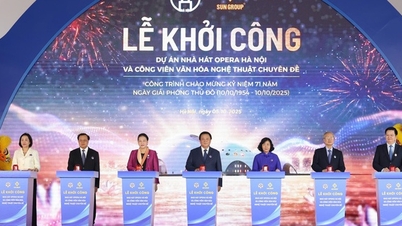




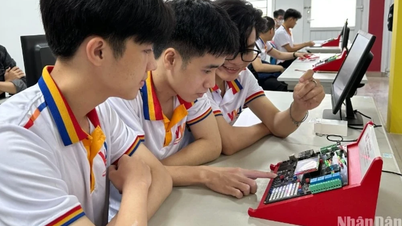
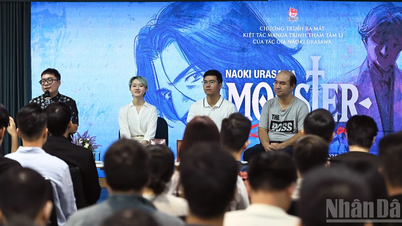
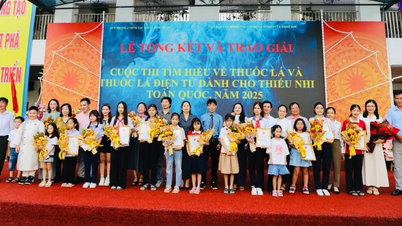
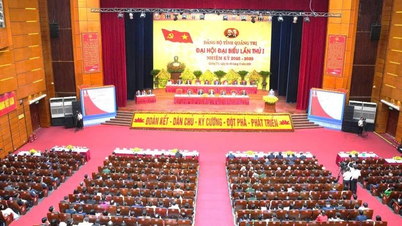
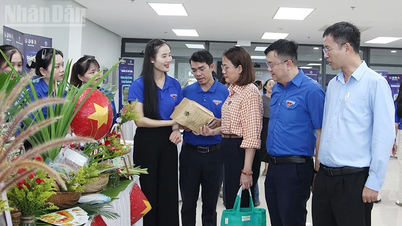
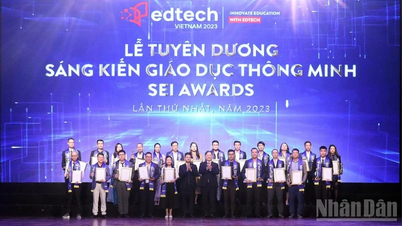
























![[VIDEO] Summary of Petrovietnam's 50th Anniversary Ceremony](https://vphoto.vietnam.vn/thumb/402x226/vietnam/resource/IMAGE/2025/10/4/abe133bdb8114793a16d4fe3e5bd0f12)

![[VIDEO] GENERAL SECRETARY TO LAM AWARDS PETROVIETNAM 8 GOLDEN WORDS: "PIONEER - EXCELLENT - SUSTAINABLE - GLOBAL"](https://vphoto.vietnam.vn/thumb/402x226/vietnam/resource/IMAGE/2025/7/23/c2fdb48863e846cfa9fb8e6ea9cf44e7)














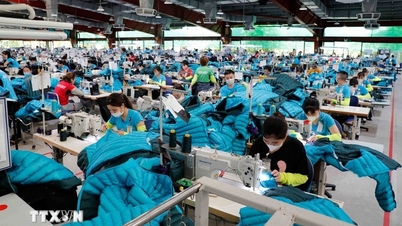

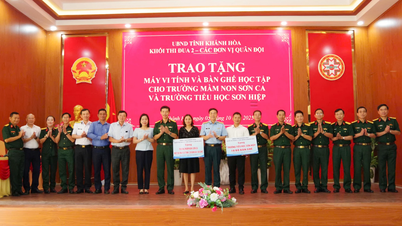



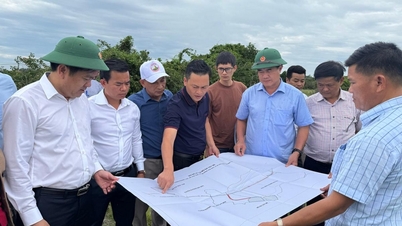

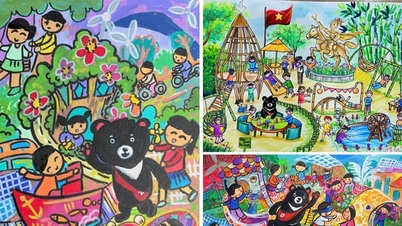

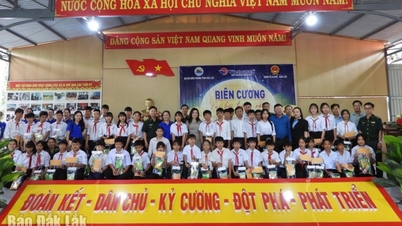












Comment (0)